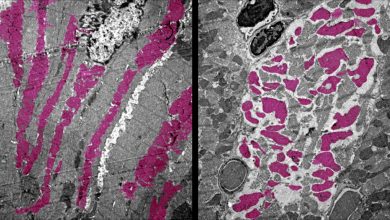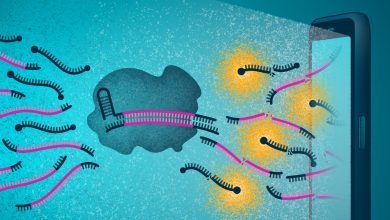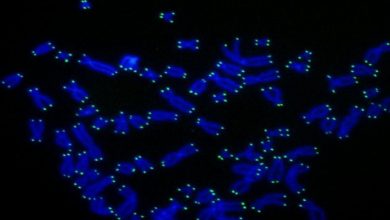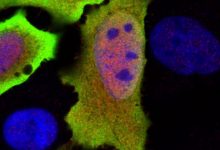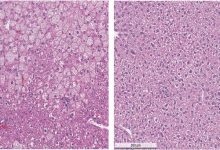
Brain cells are aging with time, constantly dying and are being replaced with the new ones.The brain deteriorates with age because it became harder for the stem cell to create new brain cells hence produce new brain cells more slowly.
A new study done by the team of researchers at Babraham Institute, Cambridge and Sapienza University, Rome identified the group of 250 genes and genetic switches which are involved in brain deterioration with aging. Moreover, they found that the premature aging of stem cell is caused due to changes in one of the genes called Dbx2. The research was published in Aging Cell led jointly by Giuseppe Lupo and Emanuele Cacci in Italy and Peter Rugg-Gunn in the UK.
During their research, the scientist identified over 250 genes which showed changes in their level of activity with age by comparing the genetic activity in brain cells from old and young mice. Older cells turn on some of the genes like Dbx2 which in turn switch off other genes hence leading to brain deterioration.
The team made young brain stem cells to behave like older one by increasing the activity of Dbx2 in them. This alteration in one gene led to slow growth of brain stem cells. These altered genes were not same as old stem cells but have many key similarities.in view of this scientist concluded that many of the genes identified in this study are likely to have important roles in brain aging.
Furthermore, they also identified changes in several epigenetic marks – a type of genetic switch – in the older stem cells that might contribute to their deterioration with age.
Epigenetic markers are tags (the chemical in nature) linked to the genome that influences the activity of certain genes. As we age, the positioning of these marks changes in the genome which leads to genome change and this alters how the cells behave. The researchers think that some of these changes that happen in the brain may alter causing brain stem cells to grow more slowly.
The first author of the paper, Dr. Giuseppe Lupo, Assistant Professor at Sapienza University said: “The genes and gene regulators that we identified are corrupted in neural stem cells from older mice. By studying the Dbx2 gene we have shown that these changes may contribute to aging in the brain by slowing the growth of brain stem cells and by switching on the activity of other age-associated genes.”
Co-lead scientist Dr. Peter Rugg-Gunn at the Babraham Institute said: “Ageing ultimately affects all of us and the societal and healthcare burden of neurodegenerative diseases is enormous. By understanding how aging affects the brain, at least in mice, we hope to identify ways to spot neural stem cell decline. Eventually, we may find ways to slow or even reverse brain deterioration – potentially by resetting the epigenetic switches – helping more of us to stay mentally agile for longer into old age.”
Co-lead scientist Dr. Emanuele Cacci at Sapienza University said: “We hope this research will lead to benefits for human health. We have succeeded in accelerating parts of the aging process in neural stem cells. By studying these genes more closely, we now plan to try turning back the clock for older cells. If we can do this in mice, then the same thing could also be possible for humans.”


